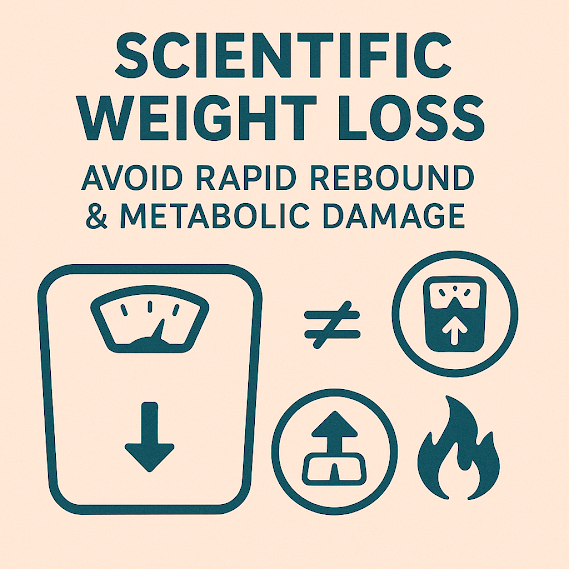Unconventional Weight Loss Psychology: Sculpting a Slimmer You
A slim figure is a universal aspiration, yet not everyone is born with it. How can we harness psychological strategies to achieve sustainable weight loss?
The Role of Mindset in Weight Loss
Weight management isn’t just about diet and exercise—mental discipline plays a crucial role. Ancient poets wrote, “Though my robe grows loose, I regret nothing; for you, I waste away”—highlighting the power of psychological resilience. Modern psychology confirms: mental habits shape your body as much as physical actions.
Why Diets Fail
- Yo-Yo Mentality: Strict diets often backfire. Studies show that sudden calorie restriction leads to rebound overeating, surpassing pre-diet weight.
- Stress Eating: Unlike lean individuals, many overweight people turn to food under stress or anxiety, worsening the cycle.
- External Triggers: Obesity is linked to heightened sensitivity to food cues—seeing or smelling treats sparks cravings, even without hunger.
The "Slimming Mindset" Checklist
Identify self-sabotaging thoughts and behaviors:
Procrastination & Excuses
- “I’ll start tomorrow.”
- Using weight as an excuse: “I’m too fat to…”
- Fix: Replace excuses with micro-actions (e.g., a 10-minute walk).
Impulsive Starts, Quick Quits
- Buying diet books or gadgets but never using them.
- Fix: Set SMART goals (Specific, Measurable, Achievable, Relevant, Time-bound).
Knowledge Without Action
- Knowing calorie counts but ignoring them.
- Fix: Apply one tip at a time—e.g., swap soda for water.
Reward Overindulgence
- “I lost 2kg—time for a cheat day!”
- Fix: Celebrate non-food rewards (e.g., new workout gear).
Emotional Eating
- Eating to cope with stress, not hunger.
- Fix: Practice mindful breathing or journaling before reaching for snacks.
Mastering Emotional Balance
Sustainable weight loss requires consistent habits, not fleeting willpower.
Track Progress Wisely
- Weigh yourself weekly at the same time. Celebrate small wins (e.g., fitting into old jeans).
Stay Calm During Plateaus
- If progress stalls, reassess your approach. Consult a nutritionist or adjust workout intensity.
Reframe Your Perspective
- View dietary changes as self-care, not deprivation. Visualize long-term benefits: energy, confidence, health.
Final Tip: Build Lifelong Habits
Weight loss isn’t a sprint—it’s a lifestyle. Avoid reverting to old patterns after hitting goals. Maintain balanced eating, stay active, and nurture a positive mindset.
Key Insight:
Your mind is your strongest ally. Train it to see challenges as opportunities, and your body will follow. 🌟











Comments
Post a Comment